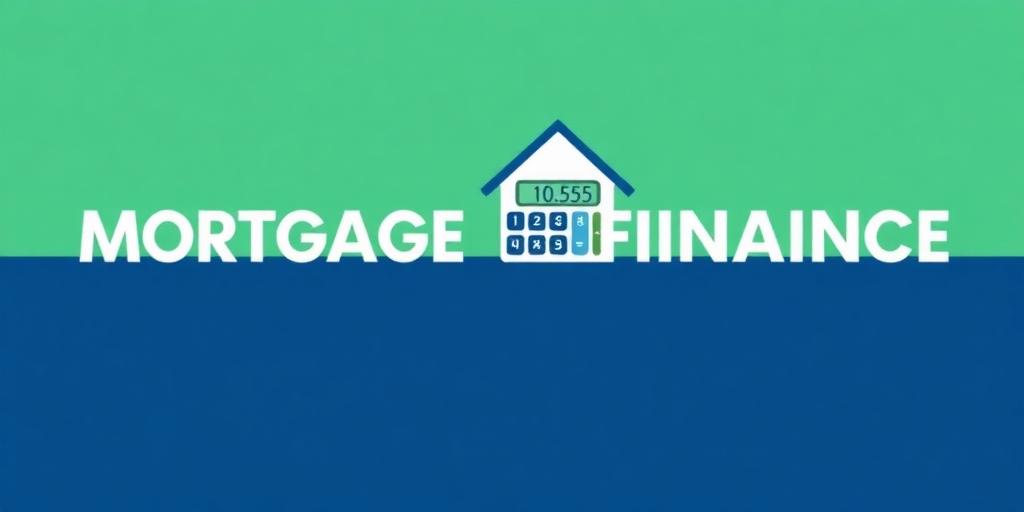Should You Refinance Your Home Loan?
Refinancing your home loan can be a strategic financial move, potentially saving you money and improving your overall financial health. However, it's not a one-size-fits-all solution. This comprehensive guide will walk you through the key considerations to help you determine if refinancing is right for you.
Understanding Refinancing
Refinancing involves replacing your existing mortgage with a new one. This new loan may have different terms, such as a lower interest rate, a different loan term, or a switch from an adjustable-rate to a fixed-rate mortgage. The goal is to secure more favorable terms that align with your current financial situation and goals.
Key Factors to Consider
Interest Rates:
- Current vs. Original Rate: Compare the interest rate on your current mortgage with prevailing interest rates. A general rule of thumb is that refinancing is worth considering if you can lower your interest rate by at least 0.5% to 1%.
- Long-Term Savings: Calculate the total interest you would pay over the life of your existing loan versus a new, refinanced loan. This will give you a clear picture of potential savings.
Loan Term:
- Shorter Term: Refinancing to a shorter loan term (e.g., from 30 years to 15 years) can save you significant interest and help you pay off your mortgage faster. However, be prepared for higher monthly payments.
- Longer Term: While this lowers your monthly payments, you'll pay more interest over the life of the loan.
Closing Costs:
- Evaluate All Costs: Refinancing involves closing costs, which can include appraisal fees, origination fees, title insurance, and other expenses. Factor these costs into your refinancing decision.
- Break-Even Point: Calculate how long it will take to recoup the closing costs through your monthly savings. If you plan to move before reaching this break-even point, refinancing may not be beneficial.
Credit Score:
- Improve Your Rate: A higher credit score typically qualifies you for better interest rates. Check your credit score before applying to see if you can get a more competitive rate.
Financial Goals:
- Debt Consolidation: Refinancing can be used to consolidate other debts, such as credit card debt or student loans, into your mortgage. While this simplifies payments, be aware that you are securing unsecured debt with your home.
- Cash-Out Refinance: This involves borrowing more than you owe on your mortgage and receiving the difference in cash. Use this cash for home improvements, investments, or other financial needs, but be cautious about increasing your mortgage debt.
Situations Where Refinancing Makes Sense
- Lower Interest Rates: When prevailing interest rates are lower than your current mortgage rate.
- Improved Credit Score: If your credit score has improved since you took out your original mortgage.
- Switching Loan Types: Converting from an adjustable-rate mortgage (ARM) to a fixed-rate mortgage for stability.
- Shorter Loan Term: Paying off your mortgage faster and saving on interest.
- Debt Consolidation: Simplifying your finances by consolidating high-interest debt.
Situations Where Refinancing May Not Be Ideal
- High Closing Costs: If the closing costs outweigh the long-term savings.
- Short-Term Homeownership: If you plan to move in the near future, the break-even point may not be reached.
- Rising Interest Rates: If interest rates are trending upwards, refinancing may not secure a better rate.
- Minimal Savings: If the interest rate reduction is too small to justify the costs.
How to Get Started
- Check Your Credit Score: Obtain a copy of your credit report and review it for any errors.
- Gather Financial Documents: Collect your mortgage statement, income verification, and other relevant financial information.
- Shop Around: Compare offers from multiple lenders to find the best interest rate and terms.
- Consult a Financial Advisor: Seek professional advice to evaluate your unique financial situation and goals.
Conclusion
Deciding whether to refinance your home loan requires careful consideration of your financial circumstances, goals, and market conditions. By thoroughly evaluating the factors outlined in this guide, you can make an informed decision that aligns with your long-term financial well-being. Always weigh the potential benefits against the costs to ensure that refinancing is a sound financial move for you.









